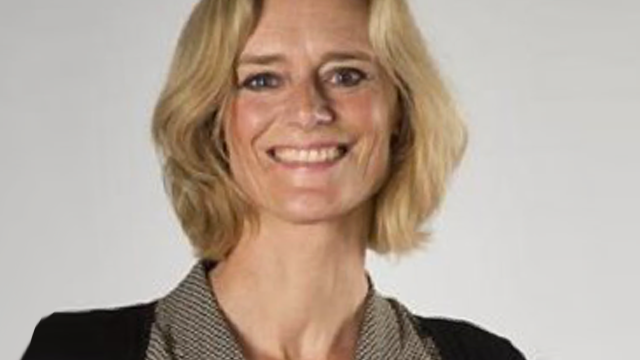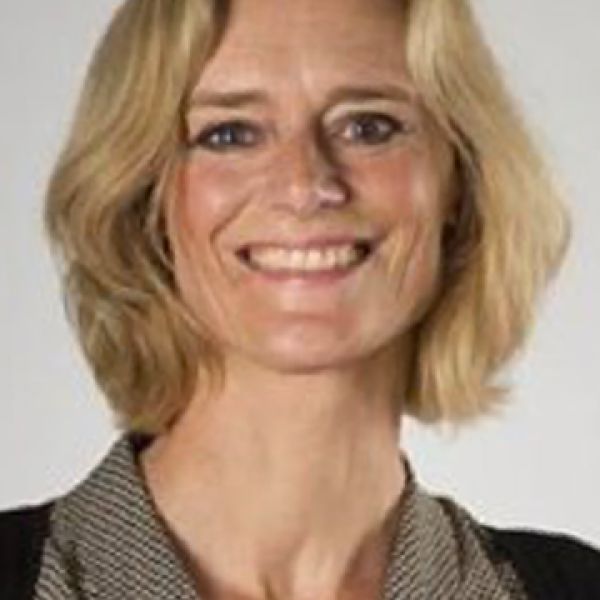Mechanisms of cell-cell communication and tissue self-organization

Our Focus
The overall aim of our work is to gain a fundamental understanding of how cell-cell communication and tissue self-organization principles guide homeostatic tissue renewal and cancer growth. In healthy tissue renewal, a handful of signalling pathways supports the maintenance of small populations of adult stem cells. Deregulation of these pathways due to mutations is strongly linked to cancer development. We aim to gain a mechanistic understanding of how adult stem cells and their progenitors process signalling input received from their environment and how the underlying molecular events are exploited for cancer growth. Main scientific questions:
- How do (cancer) stem cells communicate with their niche? We investigate how cells interpret signals received at their cell surface and how dysregulation of receptor-mediated signal relay by mutations leads to cancer.
- How do cancer mutations exert their effects at the protein level? By examining how mutations alter protein activity to drive cancer predisposition, initiation and growth we aim to uncover patient-specific disease mechanisms and develop novel cancer-targeting approaches.
- How can we employ our molecular knowledge to develop tailored treatment strategies? We integrate our fundamental insights with various strategies to interfere with inappropriate cell signalling to translate our findings into applications.
About Madelon Maurice

Madelon Maurice
My Research
Madelon Maurice earned her PhD in 1998 at the Department of Rheumatology, LUMC, Leiden, the Netherlands on T-cell mediated autoimmunity. She performed postdoctoral training in the laboratories of Hidde Ploegh, Harvard Medical School, Boston, USA, and Hans Clevers, Hubrecht Institute, Utrecht, gaining expertise in a diverse set of disciplines. She initiated her independent research group in 2006 at the department of Cell Biology, UMC Utrecht and became Full Professor of Molecular Cell Biology in 2016. Her primary research interests concern the molecular mechanisms by which (mutated) signalling pathways guide cell-cell communication, tissue self-organization and tumour growth and progression.
The innovative nature of her work was recognized with an Utrecht High Potential grant (2007), ERC Starting grant (2009), NWO-VICI grant (2014), ZonMW-TOP grant (2018) and a KWF/TKI grant (2022). Madelon is one of the main leaders of the national Gravitation project IMAGINE! (https://imagine-microscopy.nl). She is an elected member of the Bijvoet Center for Biomolecular Research and has been a member of the Young Academy of Europe (YAE) (2014-2019). From 2013-2017, Madelon coordinated the Marie Curie Sklowdowska EU ITN consortium “WntsApp”, that comprised 7 academic and 3 private sector European partners (wntsapp.eu) that joined forces to uncover molecular aspects of WNT receptor signal relay and develop therapeutics to interfere with aberrant WNT signaling in cancer cells. She is a member of the Research Management Committee of the Oncode Institute, Co-director of the Utrecht Platform for Organoid Technology (U-PORT), member of the Scientific Council of the Dutch Cancer Society and has been member of the Program Council of the Utrecht Life Sciences (ULS) Board (2017-2021).
Madelon invented a novel strategy for targeted membrane protein degradation using bispecific antibodies (SureTACs). She is founder and shareholder of Laigo Bio, a startup biotech that aims to develop SureTACs for clinical application in cancer treatment (laigobio.com).
Awards
2022: KWF/TKI grant
2022: Gravitation grant IMAGINE! (one of the main applicants)
2018: NWO TOP grant
2015: NWO VICI grant
2012: ERC PoC grant
2009: ERC Starting grant
Key Publications
Bugter JM, Fenderico N, Maurice MM. Mutations and mechanisms of WNT pathway tumour suppressors in cancer (2020). Nat Rev Cancer.Jan;21(1):5-21. doi: 10.1038/s41568-020-00307-z. Epub 2020 Oct 23.PMID: 33097916
Spit M, Fenderico N, Jordens I, Radaszkiewicz T, Lindeboom RGH, Bugter, JM, Cristobal A, Ootes L, van Osch M, Janssen E, Boonekamp KE, Hanakova K, Potesil D, Zdrahal Z, Boj SF, Medema JP, Bryja V, Koo, BK, Vermeulen M, Maurice MM. RNF43 truncations trap CK1 to drive niche-independent self-renewal in cancer (2020). EMBO J. Sep 15;39(18):e103932. doi: 10.15252/embj.2019103932.
Fenderico N, van Scherpenzeel RC, Goldflam M, Proverbio D, Jordens I, Kralj T, Stryeck S, Bass TZ, Hermans G, Ullman C, Aastrup T, Gros P, Maurice MM. Anti-LRP5/6 VHHs promote differentiation of Wnt-hypersensitive intestinal stem cells (2019) Nat Commun.10(1):365. doi: 10.1038/s41467-018-08172-z.
Anvarian Z, Nojima N, van Kappel E, Madl T, Spit M, Viertler M, Jordens I, Low TY, van Scherpenzeel R, KuperI, Richter K, Heck AJR, Boelens R, Vincent JP, Rüdiger SGD, Maurice MM. Axin cancer mutants form nanoaggregates to rewire the Wnt signalling network (2016) Nat Struct Mol Biol. (2016) Apr;23(4):324-32. doi: 10.1038/nsmb.3191.
Koo, B. K., Spit, M., Jordens, I., Low, T. Y., Stange, D. E., van de Wetering, M., van Es J, Mohammed S, Heck AJ, Maurice MM#, Clevers, H#. (2012). Tumour suppressor RNF43 is a stem-cell E3 ligase that induces endocytosis of Wnt receptors. Nature 488(7413), 665.(#co-corresponding)
Members
| Madelon Maurice Group leader | Danai Kokkinidi PhD student | David Dannheisig PostDoc |
| Despina Xanthakis Technician | Felix van der Krift PostDoc | Ingrid Jordens Postdoc fellow |
| Jan Pieter Daan Visser Analyst | Jelte Van de Vaart Phd student | Jessie Kroonen Postdoc onderzoeker |
| Lisanne den Hartigh Research Analyst | Sabine Bosman Phd candidate | Susanna Plugge PhD student |
| Živa Pogačar PhD Candidate |